Get Involved








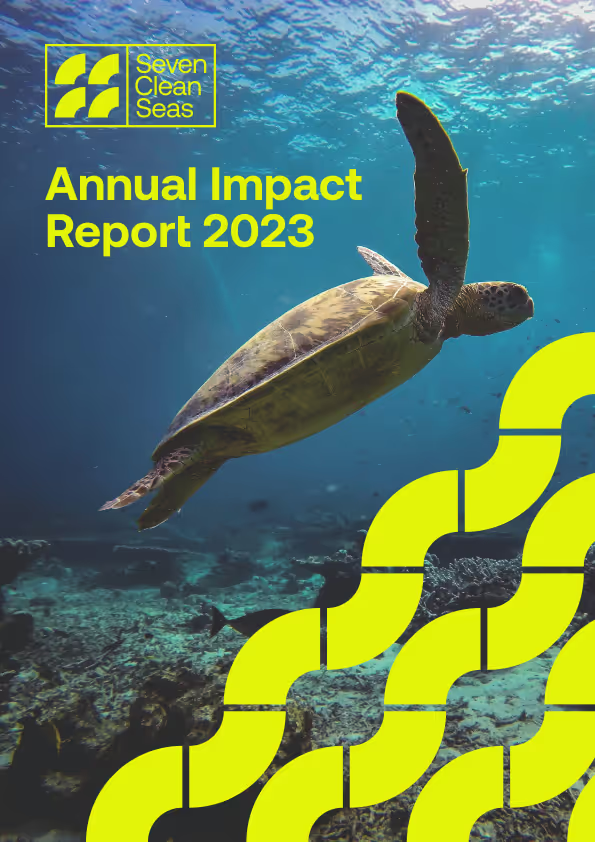







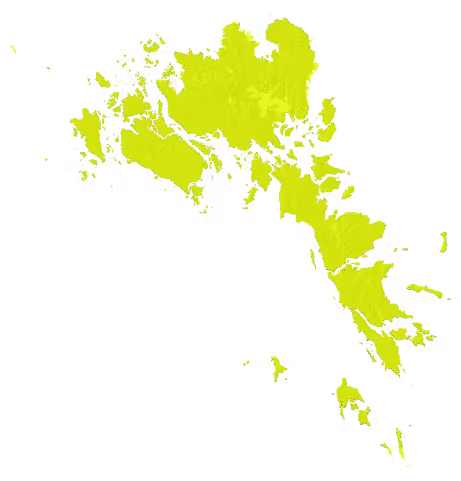
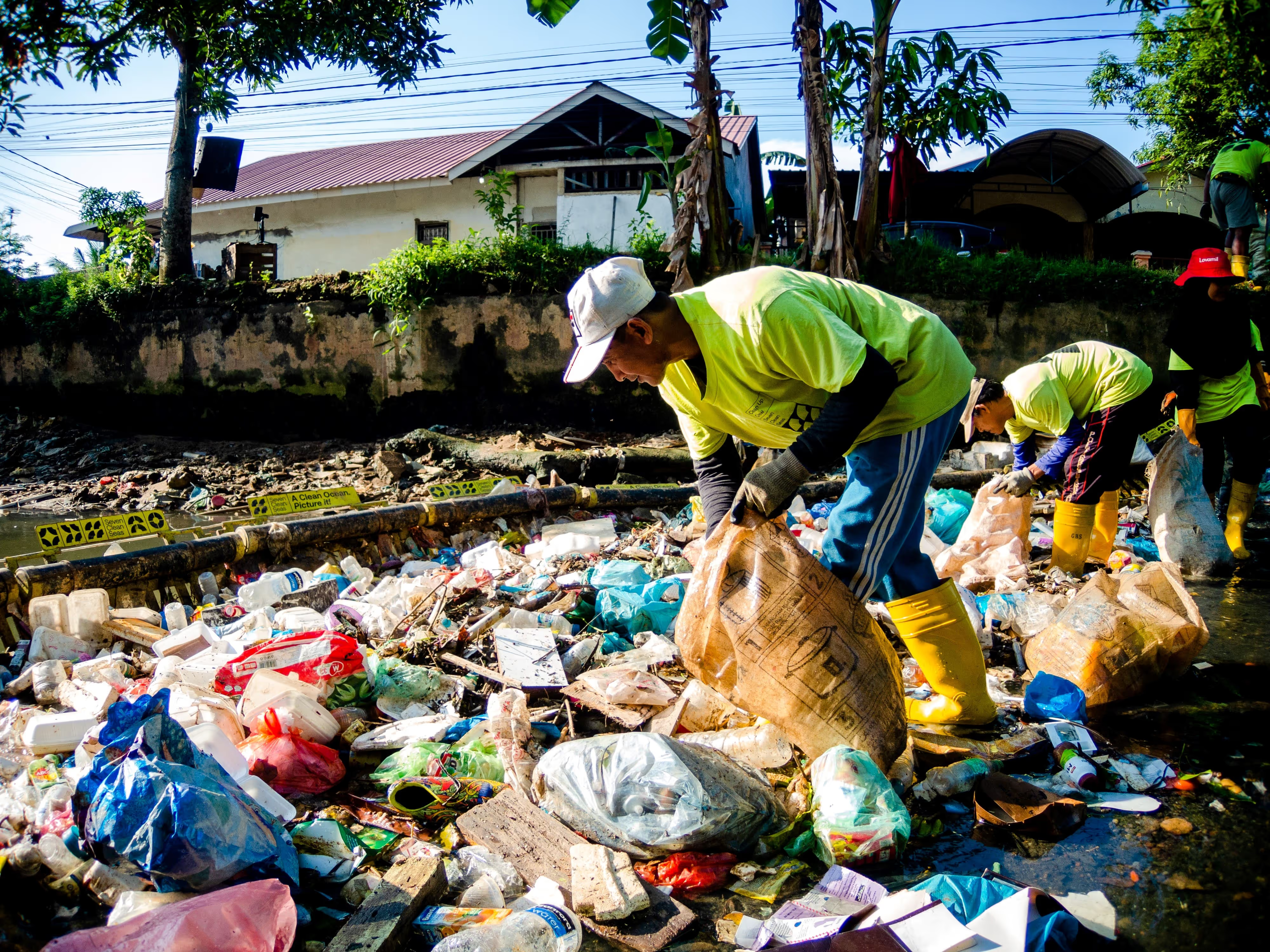
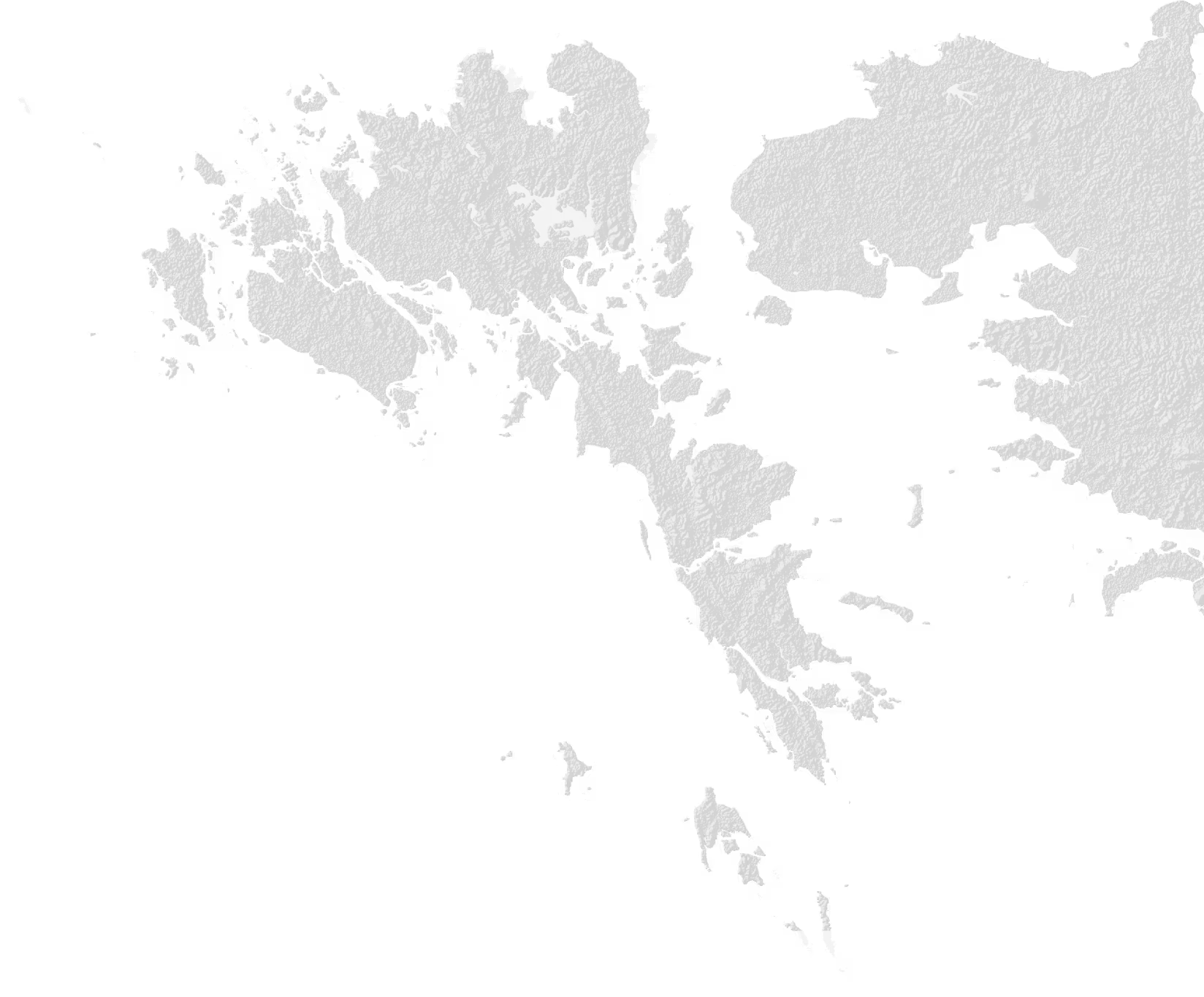
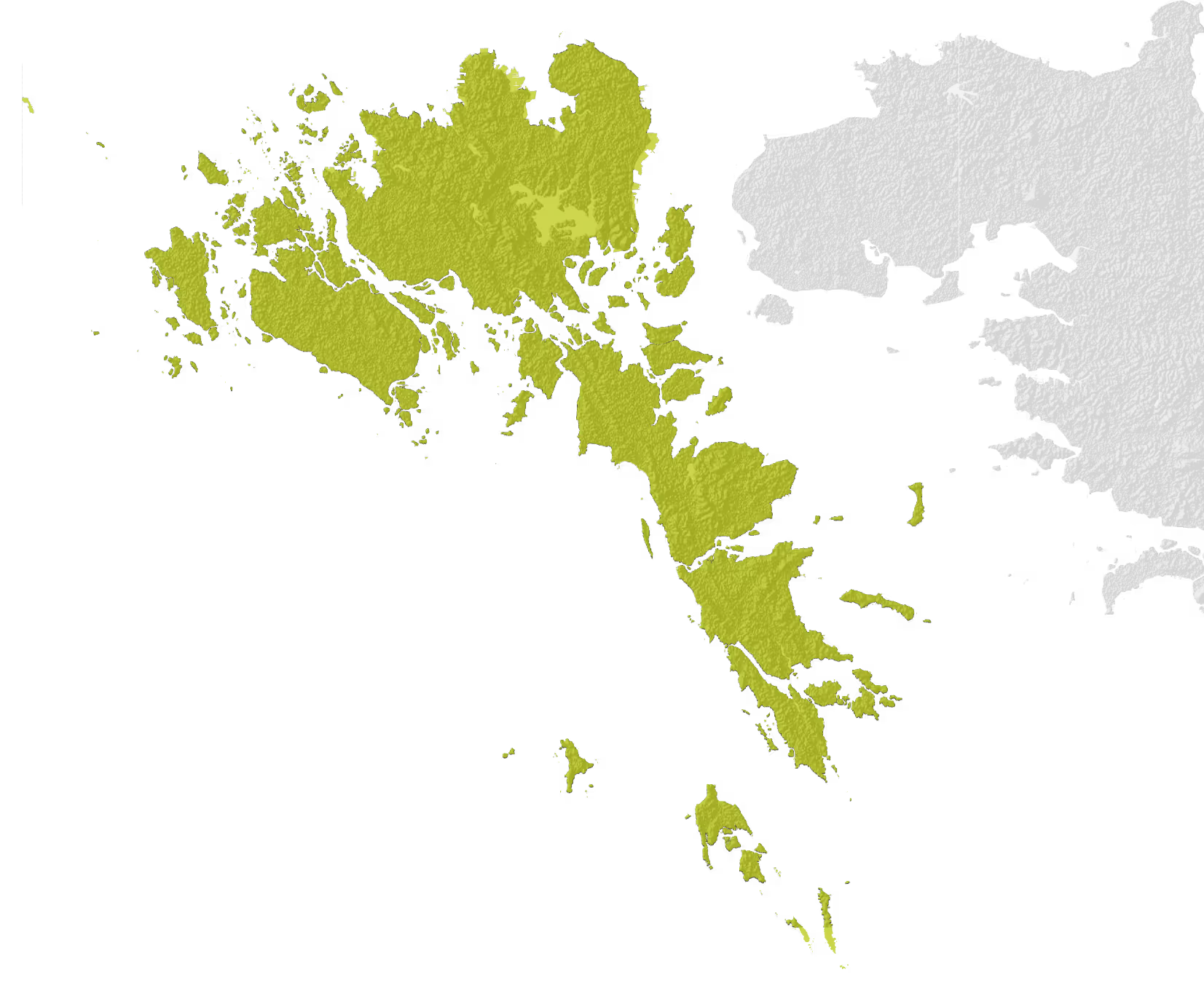
Following the success in Bintan, we launched our second project in Batam to address ocean plastic pollution and drive innovation in circularity. This initiative is designed to continue creating meaningful social and environmental impacts in the region.
The project employs local residents under fair working conditions to collect, sort, and recycle ocean-bound plastic. A major focus has been tackling the challenge of Low-Density Polyethylene (LDPE). It makes up an average 13% of our plastic collected, but is currently labeled “non-recyclable” because of its low melting point and limited end-markets.
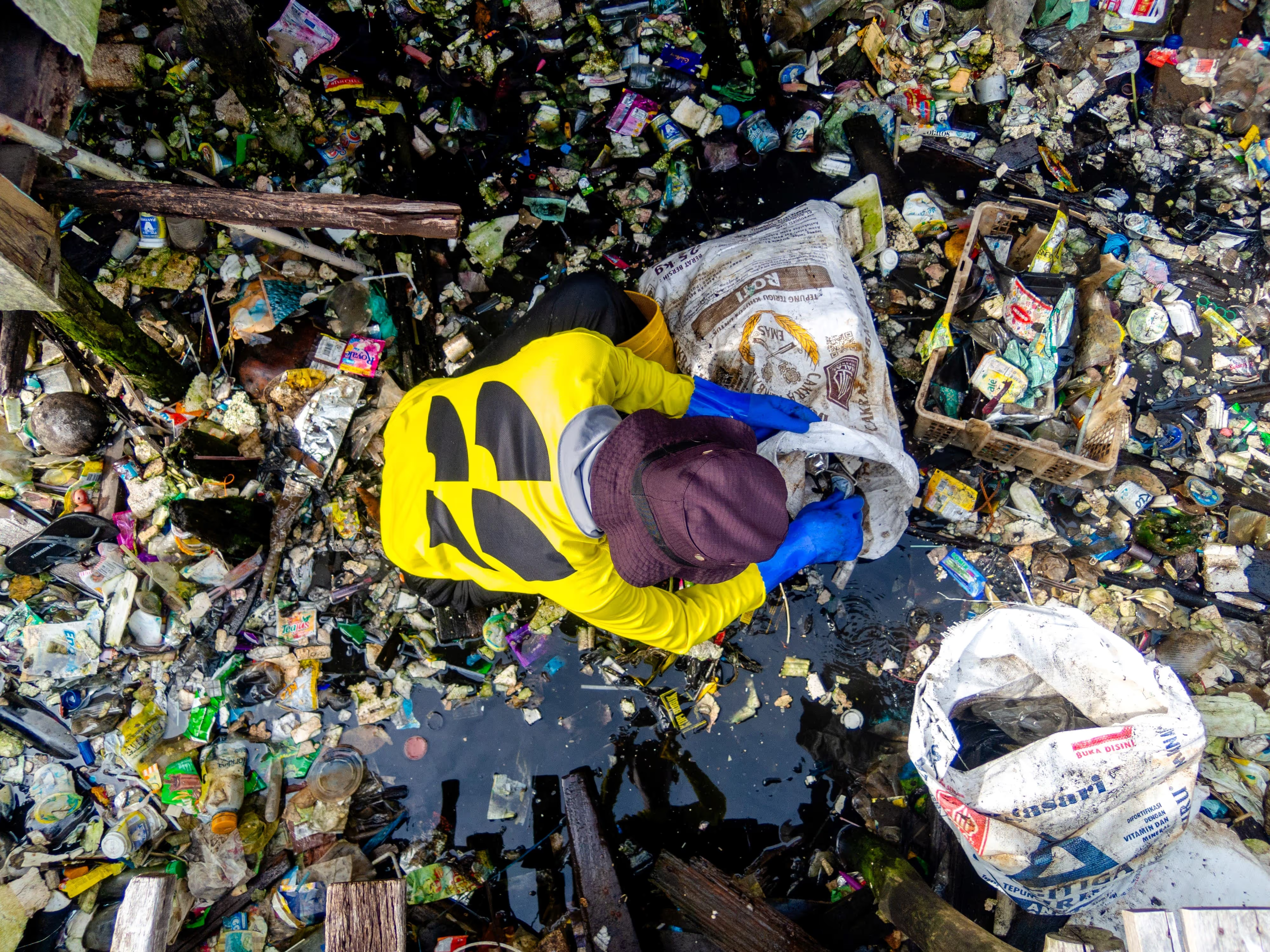
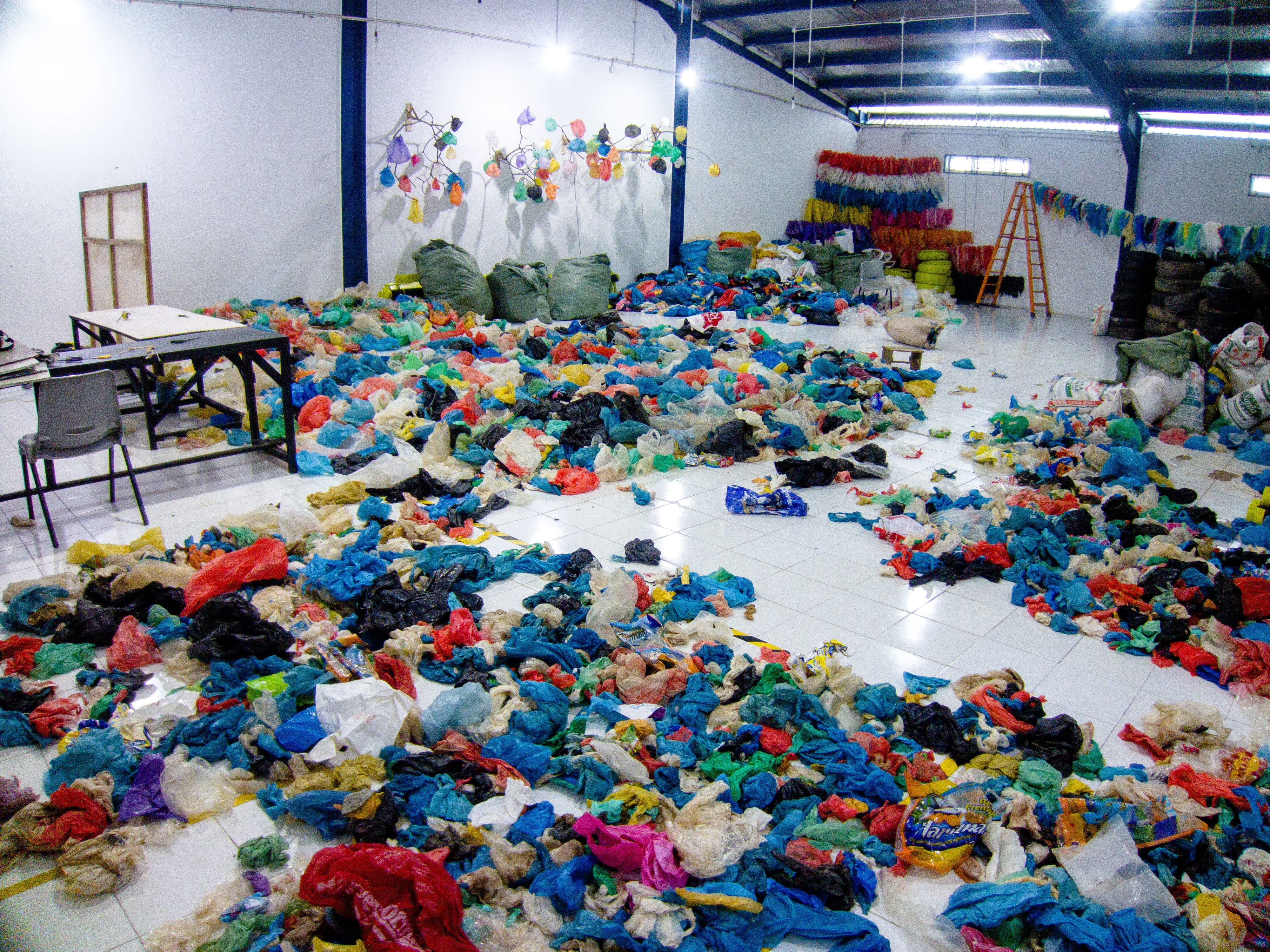
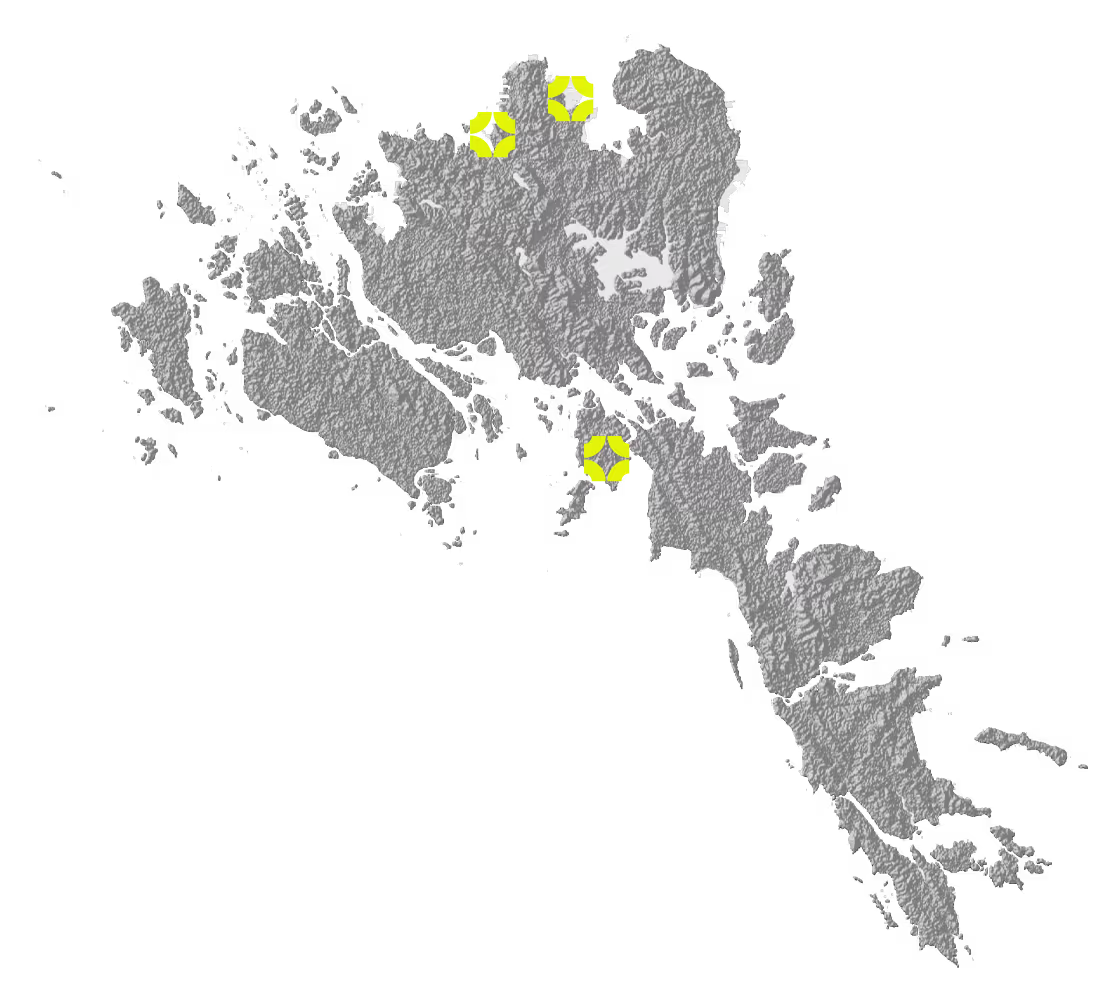
Through innovative processes, we’ve developed a way to turn LDPE into durable, lab-tested building materials like roof tiles and bricks. This ensures waste is diverted from landfills and transformed into valuable resources.
Our efforts go beyond recycling. River barriers along the Bengkong River intercept plastics before they reach the ocean, while coastal waste collection teams remove large volumes of plastic, all while creating secure livelihoods for the local community.












